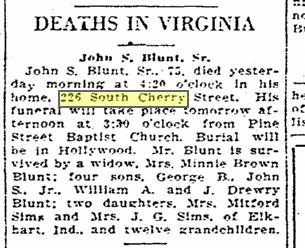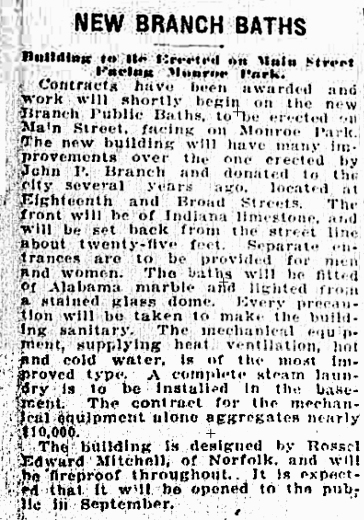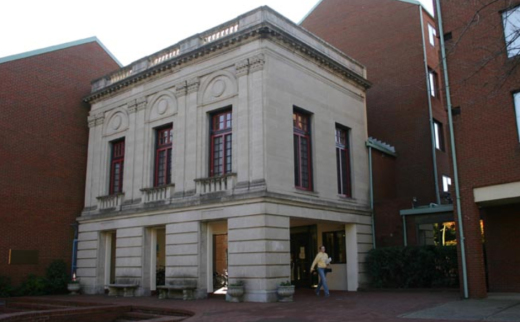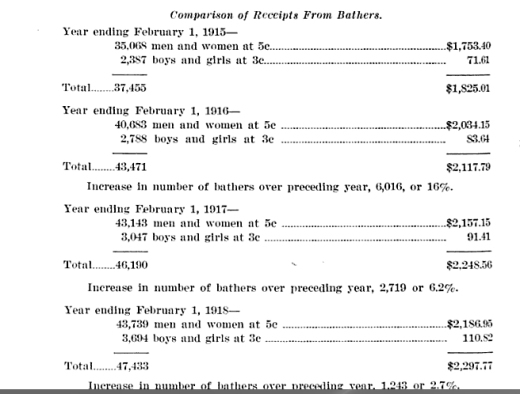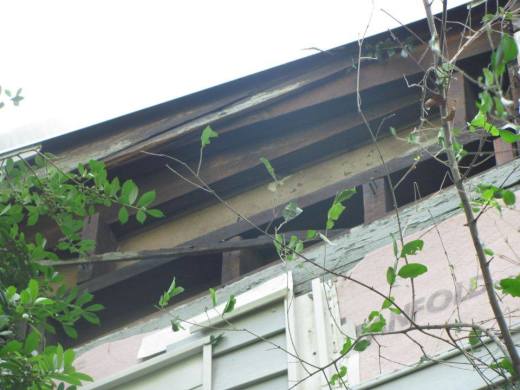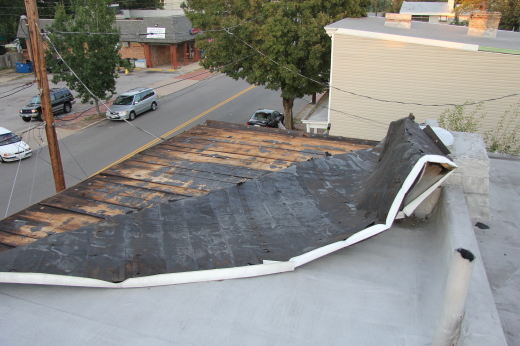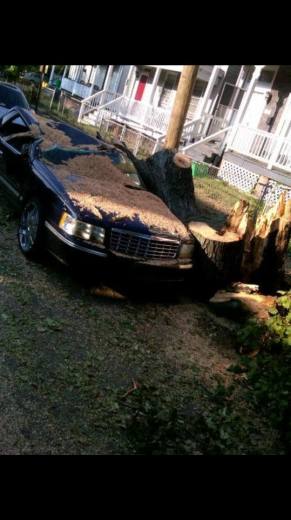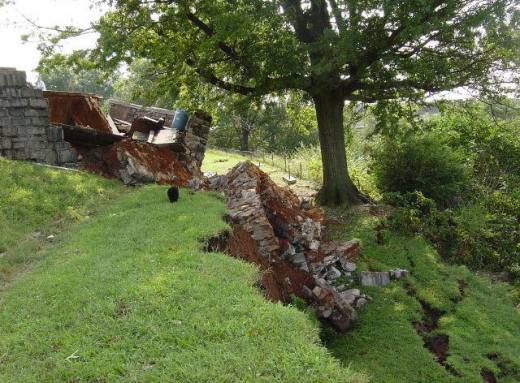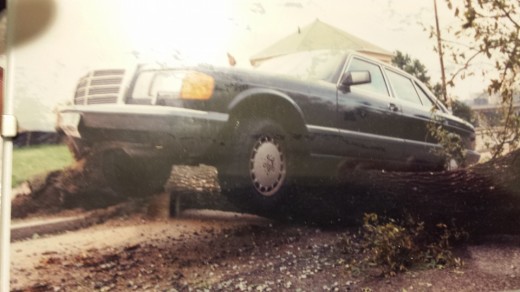For eleven years now I have enjoyed attending the annual Folk Festival held on Richmond’s riverfront, a short walk from the neighborhood. This year was no exception. I caught such great acts as the Cambodian American Heritage Dance Troupe, The Campbell Brothers, Feedel Band, Grupo Rebolu’, Zedashe, and others. For me the highlight was two sets of wonderfully cosmic jazz by the Sun Ra Arkestra. Sure, I could nitpick, but overall the Folk Festival Committee continues doing an excellent job with programming the festival. Having dabbled in music booking and management, and having volunteered for the Folk Festival in the past, I have some idea of the challenges they face.
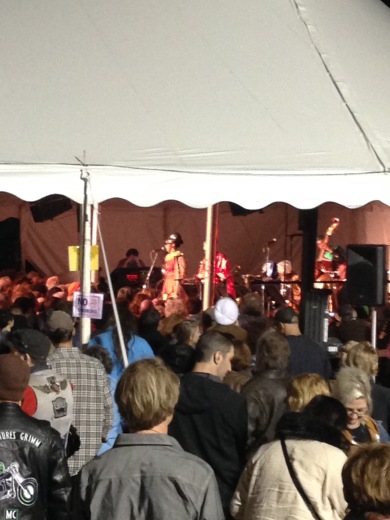
This past weekend was blessed with great weather and the crowds were there. There were still a few issues with traffic and jackasses parking illegally in the neighborhood, but it was better than some previous experiences with riverfront events. Hopefully these issues can be negotiated in a respectful manner so that they are not issues in the future.
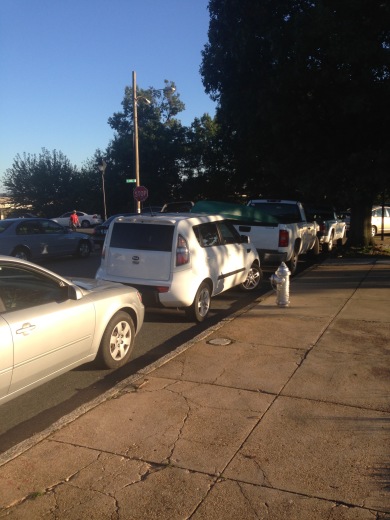
That said, a huge opportunity was missed to highlight one of Richmond’s most important historical resources. I am, of course, talking about the James River and Kanawha Canal, designed in part by George Washington, built with slave labor, and the biggest and most significant public project in Virginia’s antebellum period. Among other common sense proposals for the new “Tredegar Green” area, neighbors have repeatedly requested a sign or historic marker west of Tredegar Iron Works for the Canal, listed since 1971 on the National Register of Historic Places. How many of the estimated 200,000 or so festival attendees knew about the historic Canal they were walking by? Venture Richmond left it without any sign and treated it like just a regular drainage ditch.
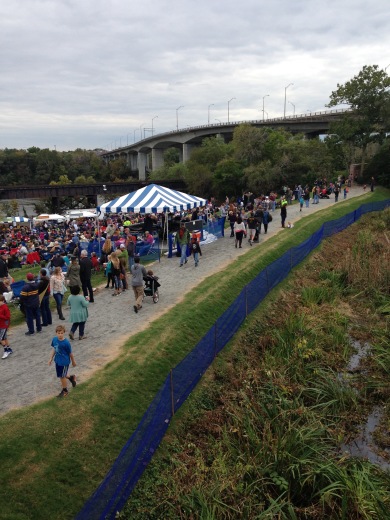
How many of the artists who performed on the ‘VCU Health stage’, set up IN THE CANAL, knew the historic significance?
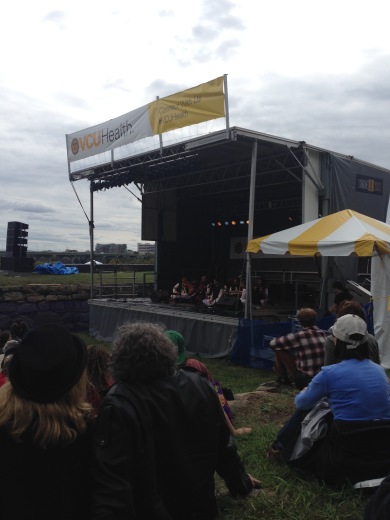
It was a bit surreal to watch the Irish group The Alt perform on this site where Irish immigrants had toiled and died, without any acknowledgement by the festival. A simple sign, as requested, would have worked.
At times, Richmond leaders and academics talk about how Richmond history is so much more than the Civil War, and how more pre-Civil War accomplishments and stories need to be told. Despite all this talk, Richmond’s leaders often do not live up to their promises in this regard. (Something the late Mark Brady and many others have experienced). Sometimes they are more interested in destroying these important legacies, sometimes to the point that they jeopardize future opportunities.
The Folk Festival is great at sharing and presenting stories of people from all around the world (and we all hope it continues to do so), but that is why it is so incredibly disturbing when Venture Richmond ignores and diminishes our own.

